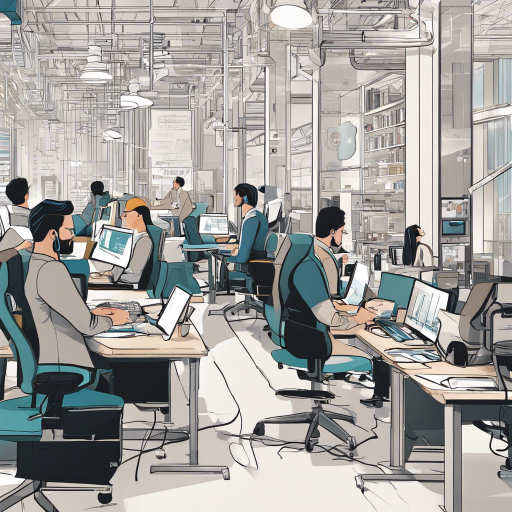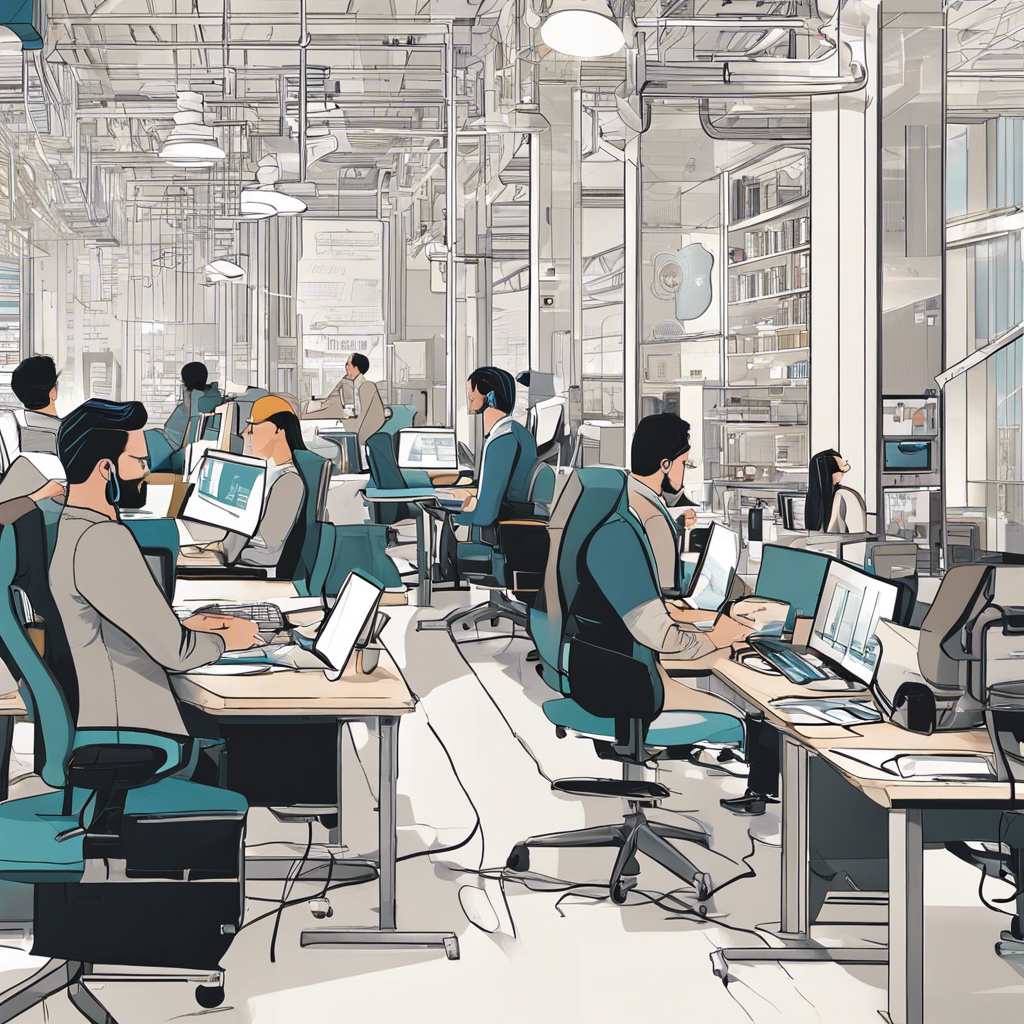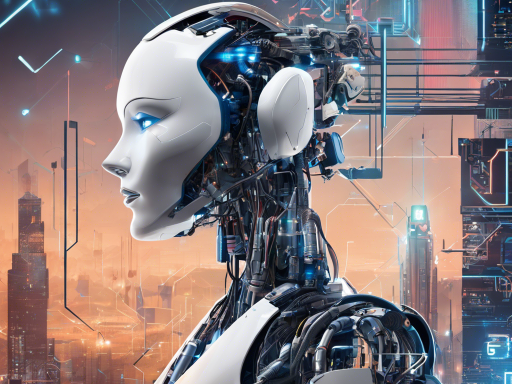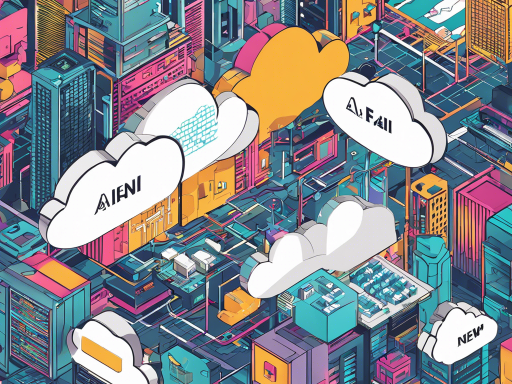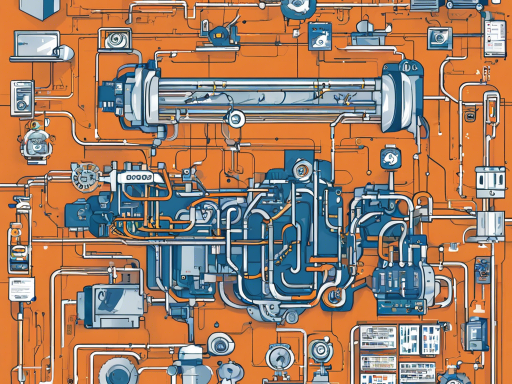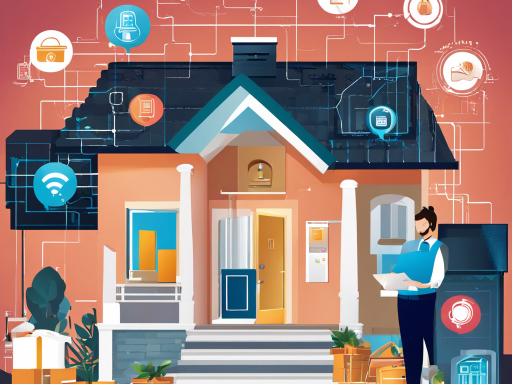The nature of work is rapidly evolving, driven by technological advancements that are reshaping the very essence of our professional lives. In this digital age, the traditional workplace is undergoing a profound transformation, giving rise to new opportunities and challenges alike. As we venture into the future, it’s evident that technology plays a pivotal role in how we work, communicate, and collaborate, ultimately impacting our productivity, job satisfaction, and overall workplace culture. So, what does the future hold for employees and employers alike?
One of the most significant trends is the rise of remote work, facilitated by cloud-based technologies and collaboration tools. The COVID-19 pandemic served as a catalyst, accelerating the adoption of remote work policies worldwide. Now, employees can connect and contribute from anywhere, breaking free from the confines of traditional office spaces. This shift has enabled businesses to tap into a global talent pool, no longer limited by geographical constraints. Remote work also fosters a more flexible and inclusive work environment, benefiting employees with diverse needs and circumstances. Companies that embrace this change are expected to attract and retain top talent in the competitive market.
Artificial Intelligence (AI) and automation are also revolutionizing the workplace. These technologies handle mundane and repetitive tasks, allowing employees to focus on creative and strategic aspects of their roles. AI-powered tools enhance efficiency and productivity, especially in data analysis, customer service, and process optimization. For instance, chatbots and virtual assistants are now handling customer inquiries, while automation streamlines back-office operations. However, the increasing role of AI also raises questions about job security and the need for reskilling to adapt to the changing landscape.
Additionally, the future workplace will be marked by a strong focus on digital skills. As technology continues to evolve, the demand for tech-savvy professionals will only grow. Digital literacy, data analysis, and cybersecurity skills are becoming essential across industries, prompting a vital need for continuous learning and upskilling. Companies are investing in training programs and partnerships with educational institutions to bridge the skills gap, ensuring their workforce stays relevant in a rapidly changing environment.
The physical office environment is also getting a makeover. Modern offices are designed to foster collaboration and innovation, with open spaces, flexible seating, and technology-rich meeting areas. This shift prioritizes employee comfort and creativity, recognizing that a happy and engaged workforce is more productive. Companies are investing in ergonomic furniture, natural lighting, and biophilic design to improve employee well-being and satisfaction.
In conclusion, the future of work is a fascinating blend of technology and human ingenuity. While technology drives efficiency and innovation, the human element remains crucial, emphasizing the importance of soft skills, creativity, and adaptability. As we embrace these changes, it’s imperative for individuals and organizations to stay agile, keeping pace with the evolving demands of the digital age. The future of work is here, and it’s an exciting journey of discovery and adjustment.
